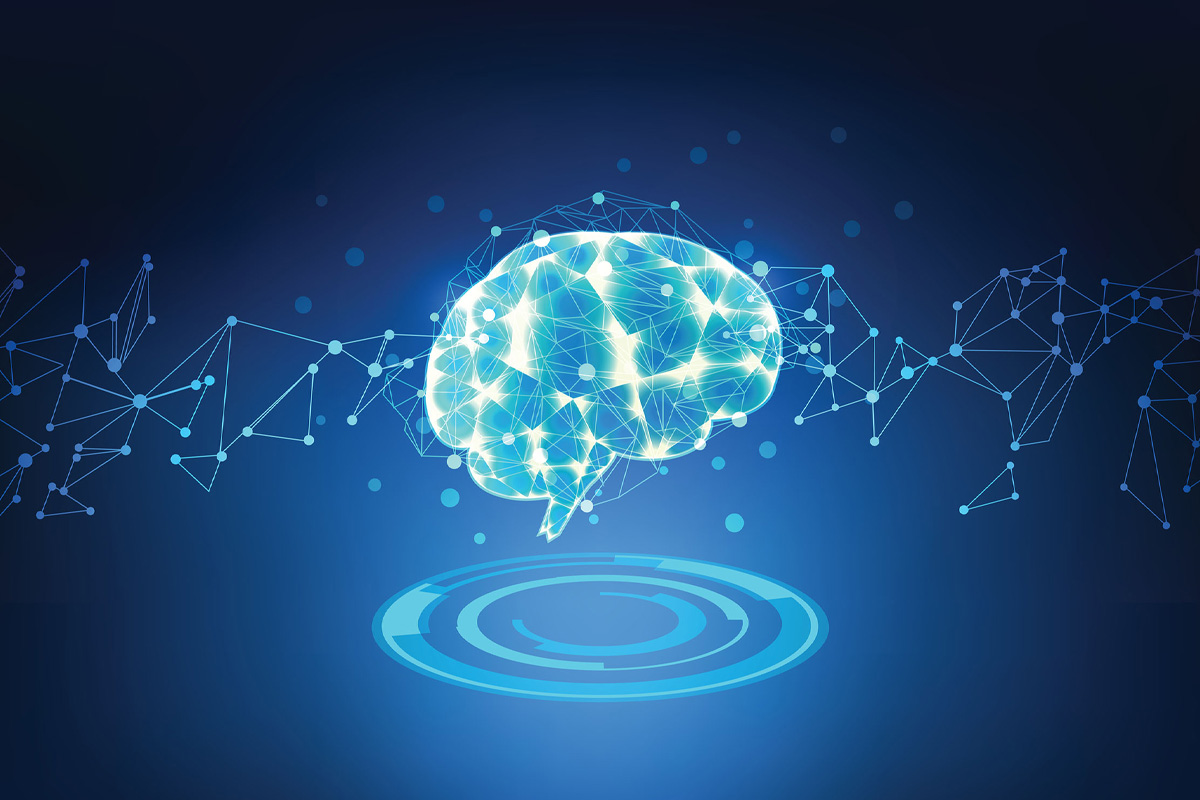Chronic Pain and Mental Health
Can Chronic Pain Give Rise to Mental Illness?
Sadly, the answer to this question is yes. Problems like chronic pain syndrome, chronic neck pain, chronic back pain, fibromyalgia, and arthritis actually can increase the sufferer’s risk of developing psychological problems. But what does that mean?
 It emphatically does not mean that the patient’s pain is imaginary or is the product of a preexisting mental condition like depression. But it does mean there’s solid research to link chronic pain to problems like depression, anxiety, substance abuse, personality disorders, and even suicidal behavior. (Suicidal behavior appears to result in part from the suicidal individual abandoning hope that he or she can ever achieve a pain-free existence.)
It emphatically does not mean that the patient’s pain is imaginary or is the product of a preexisting mental condition like depression. But it does mean there’s solid research to link chronic pain to problems like depression, anxiety, substance abuse, personality disorders, and even suicidal behavior. (Suicidal behavior appears to result in part from the suicidal individual abandoning hope that he or she can ever achieve a pain-free existence.)
It also means that patients should pay attention to how they’re doing psychologically and consider incorporating measures to promote mental health into their therapeutic plans. Sadly, most people experiencing both chronic pain and mental illness do not address or receive treatment for the latter, which, as you can imagine, only makes the psychological problems worse.
There’s hope, though. The following measures can help chronic pain sufferers safeguard and improve their mental health.
Chronic Pain and Mental Health: Discuss Any Mental Health Issues with Your Doctor
You shouldn’t be shy about telling your doctor if you’re experience anxiety, depression, insomnia, suicidal ideas, or any other symptoms that are emotional or have an emotional component. Your physician knows how to muster the resources that will help you deal with those symptoms. Together, you’ll come up with a therapeutic plan.
Chronic Pain and Mental Health: Believe in the Plan
The unfortunate truth is that a therapeutic plan to manage chronic pain and tackle mental health issues won’t work miracles overnight, and you’re likely to have to keep at it. Some days, it may feel exhausting or useless. In some instances, it’s even possible that the first plan doctor and patient create may not prove adequate, and some modification and experimentation will be necessary. But when the therapy just seems too difficult or feels pointless, stick with it and try to have faith that in the long run, it’s going to help you.
Chronic Pain and Mental Health: Group Support Can Make a Big Difference
Chronic pain can be isolating. As you struggle with your daily pain and others go about their daily affairs with any such hindrance, it’s easy to feel you’re cut off from their world and nobody understands. But you’re not the only one with similar problems. There are plenty of people grappling with chronic pain. Sharing your experiences with them and offering one another support can do a great deal for your morale and mental health and even be a source of useful practical advice. There’s a fair chance you can find a local group meeting face to face, but if not, or if you’d simply prefer it, you can certainly find one online. An online group can bring with it the advantage of anonymity if you’ll be more comfortable communicating in that way.
Chronic Pain and Mental Health: Consider Formal Therapy
Seeking psychotherapy doesn’t mean you’re “crazy.” It means you have some emotional issues and are sensible enough to look to a mental health professional to help you deal with them.
You’ll want to find a therapist you’re comfortable with and who seems like a good fit for your personality. Once you find such a counselor, he or she should be able to help you with useful tips and mindful therapies.
It’s a good idea for anyone to seek professional help for mental health issues like anxiety and depression. It’s especially important for anybody contending with mental health problems as well as chronic pain. Therapy can greatly improve the patient’s quality of life and in some instances even save that life.
